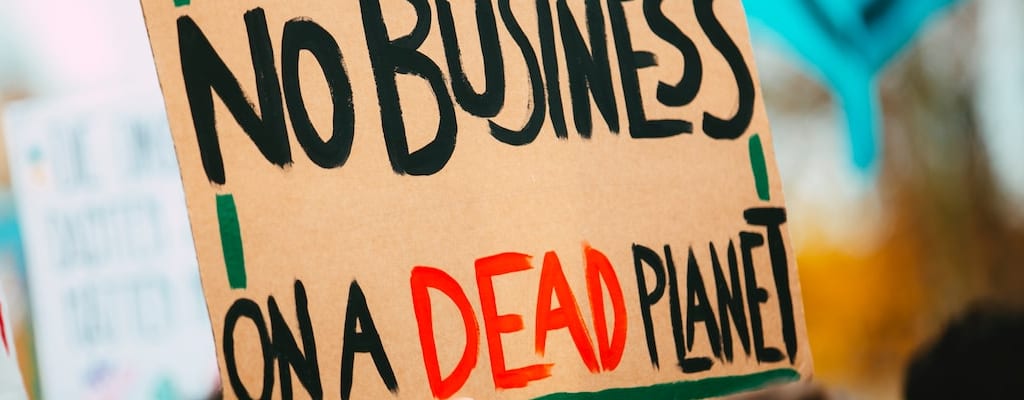make peace: Idiom Meaning and Origin
What does ‘make peace’ mean?
When someone "makes peace," they resolve a conflict or disagreement between two parties and establish a state of harmony and reconciliation.

Idiom Explorer
The idiom "split the difference" means to reach a compromise or settlement by each party giving up something and finding a middle ground that is halfway between their initial positions.
When someone "saves the day," they act heroically or ingeniously to resolve a difficult situation or prevent a disaster.
Put out a fire means to extinguish a fire or resolve a problem or conflict. It can be used both literally and figuratively to refer to taking action to stop or resolve a problem or crisis.
When someone prevails upon another, they successfully persuade or convince them to do something, often through persistent effort or pleading.
The idiom "patch up" means to repair or fix something, often referring to relationships or conflicts that need resolving. It implies resolving issues by finding a solution or compromising to restore harmony.
The idiom "parting of the ways" refers to a situation where two or more people or groups are going in different directions or have different opinions, leading to a separation or disagreement.
The idiom "part company" means to separate or go in different directions, often due to a disagreement or conflict. It can also refer to the end of a relationship or partnership.
"On talking terms" means to be in a friendly or amicable relationship with someone, often after a period of conflict or disagreement.
The idiom "middle of the road" means taking a moderate or neutral stance, avoiding extreme positions or opinions.
The idiom "middle ground" refers to a position or solution that is a compromise between two extreme options or opinions.
Origins Unveiled
The idiom "make peace" is a common expression used in the English language. It has its roots in our human desire for harmony and resolution. This idiom refers to ending a conflict or disagreement and restoring a state of peace between individuals or groups.
One fact worth noting is that "make peace" is derived from the verb "make," which means to cause to happen or to bring into existence. In this context, it is used to express the action of creating peace.
Another fact worth mentioning is that the word "peace" carries significant historical and cultural weight. It has been used throughout the centuries to denote tranquility, serenity, and the absence of conflict.
Diplomacy and negotiation foster unity, harmony, and understanding.
Furthermore, "make peace" is often used metaphorically. It extends beyond its literal meaning of ending a disagreement and can also refer to finding inner peace or reconciling conflicting thoughts or emotions within oneself.
An interesting aspect of this idiom is its ancient origins. The concept of making peace dates back to ancient civilizations like the Greeks and Romans, who valued the importance of peace and sought diplomatic solutions to conflicts.
One example of the use of this idiom in literature can be found in William Shakespeare's famous play, Romeo and Juliet. In Act 5, Scene 3, the character Prince Escalus uses the expression "make peace" when addressing the Montagues and Capulets, urging them to end their long-standing feud. The phrase is used here to implore the families to resolve their differences and come together in peace.
The idiom "make peace" encompasses the idea of resolving conflicts, whether they are personal, interpersonal, or societal. Drawing from its historical and literary roots, this idiom signifies the importance of harmony and the power of reconciliation. it serves as a reminder that through acts of peacemaking, we can transcend discord and pave the way for a more peaceful existence.
The idiom "kiss and make up" is related to "make peace." It is a colloquial expression that means to reconcile after a dispute or argument. This idiom suggests that after a disagreement, the parties involved can put their differences aside and restore their relationship in a friendly and harmonious way.
Similarly, the idiom "keep the peace" is closely related to "make peace." It refers to maintaining a peaceful and harmonious atmosphere, especially in a group or community setting. This idiom emphasizes the importance of avoiding conflicts and disagreements in order to preserve a sense of calm and unity.
On the other hand, the expression "at peace" is related to "make peace" in a different way. It describes a state of inner tranquility and contentment. When someone is "at peace," they feel calm and free from worry or anxiety. This idiom highlights the idea that making peace externally can also lead to a sense of peace within oneself.
Another related idiom is "come to terms with." This expression means to accept or reconcile oneself to a difficult or challenging situation. It implies that through understanding and acceptance, one can find peace and resolution in their circumstances.
"at peace with" is also a related idiom. It describes a state in which someone is no longer troubled or affected by something. When someone is "at peace with" a situation or person, they have resolved any conflicts or negative feelings and have found a sense of peace and acceptance.
Example usage
Examples of how the idiom "make peace" can be used in a sentence:
- After a long feud, the two families finally decided to make peace.
- The politician is known for his ability to make peace between conflicting parties.
- Despite their differences, the countries were able to make peace and sign a peace treaty.
More "Etymology" idioms



